Baby boom: Inside foaling season on P.E.I.'s busiest horse farm
'It's honestly my favourite time of year'
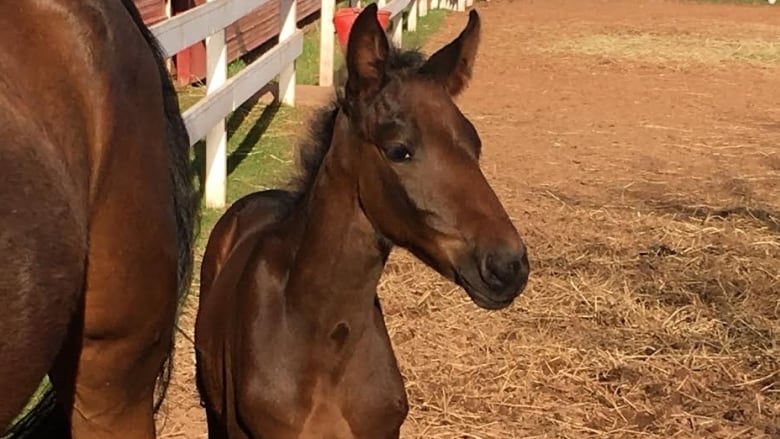
You might think having more than a dozen babies over a four-month period would be stressful, but at Meridian Farms in Milton, P.E.I., foaling season is "fun," says owner Brian Andrew.
The first of 17 foals arrived in late February, and they're now awaiting the arrival of the final four.
-
North River Fire Department rescues horse from swimming pool
-
P.E.I. harness racing figures, horse take top honours at awards
There's nothing more special than seeing that foal trying to get up and putting in that effort. Madonna Morrison
Meridian breeds Standardbred racehorses for the Atlantic Canadian market, and currently has about 75 horses, including yearlings, stallions, racing-age horses, mares and newborns.
"I've had them come two in the same day," said Andrew.
At breeding time 11 months before Meridian tries to stagger the inseminationso staff won't be overwhelmed come spring, but it's not an exact science.
Foaling season is the busiest time of year on the farm, "because your hours are so unpredictable," said Andrew, noting mares like to give birth after the sun goes down and the barn is quiet.
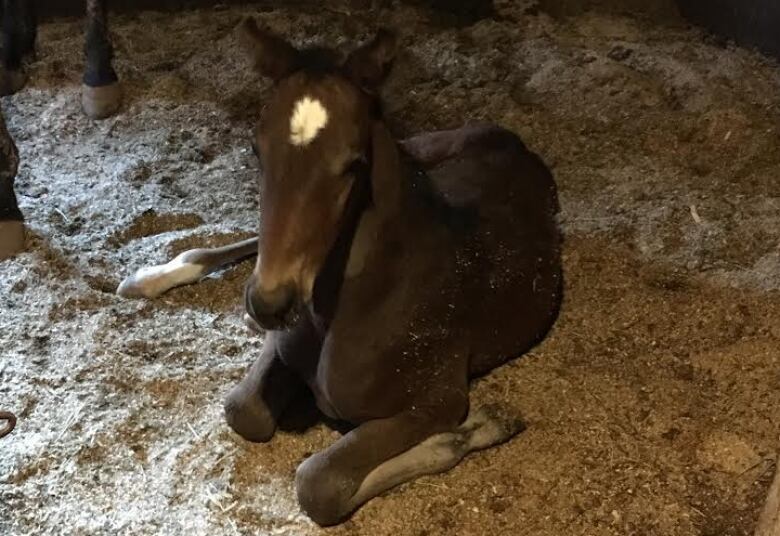
High-tech help
But the process is a lot more predictable than it was five years ago, when Meridian began using an electronic monitoring system called foalert.
When a mare is within about a week of foaling, a veterinarian stitches a transmitter to her vulva. When the foal's protruding nose pops off the transmitter, it trips a system that alerts Andrew's phone, as well as his assistant, vet student Madonna Morrison.
"It allows a human to be there right away," said Andrew, which dramatically increases a foal's chance of survival.
Before he installed the system, he estimates three out of every 10 foals died.
Many mares need help, he notes, which can include pulling the foal's legs to help extract it, removing placenta from the foal's head to assist breathing, and helping a foal nurse. Now, Meridian's survival rate is 100 per cent.
"You've got to do everything in your power to ensure you get a live foal," Andrew said, pointing out there's more than $10 a day invested in each mare.
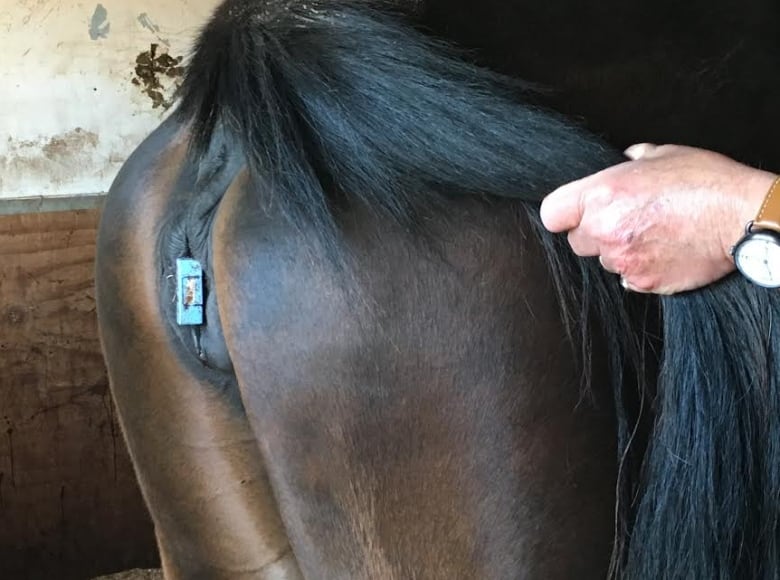
'My favourite time of year'
Morrison's research is helping the farm to pinpoint more exactly when each mare will give birth. She tests calcium carbonate and PH levels in fluid in the mare's teats levels which drop the closer the mare is to foaling.
Morrison has been helping out at Meridian for six years and loves the Standardbred industry especially foaling season.
"'It's honestly my favourite time of year," she said as she called each of the mares and their babies by name.
Morrison stays overnight at the farm office when each mare is close to foaling.
"There's nothing more special than seeing that foal trying to get up and putting in that effort," said Morrison.
"They're so happy and curious. They love life!" she said, noting each foal has a distinct personality right away.
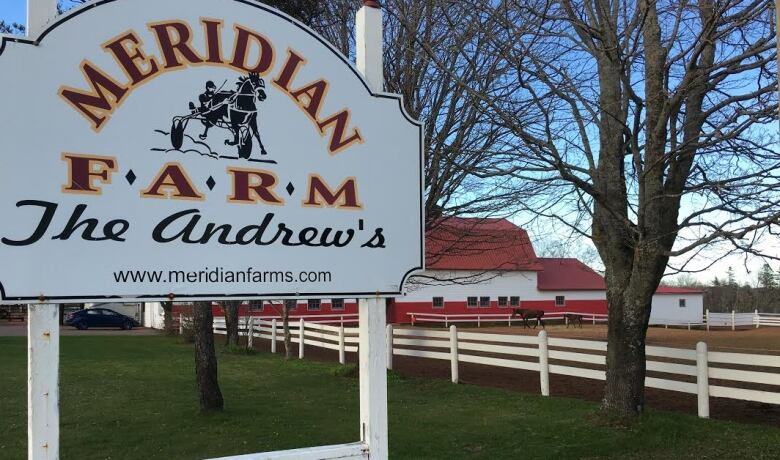
Concierge milk service
There's no time or reason to wait for a foal to struggle to get to its feet to get its first drink of colostrum-rich mother's milk at this farm.
Andrew actually milks the mare by hand after they give birth and with Morrison's help, feeds the foal with a syringe. That way, he's sure the newborns have what they need before everyone goes back to bed.
"We can almost see them light up!" Andrew said.
"Then they know what they're missing," and have enough strength to get up and continue nursing.
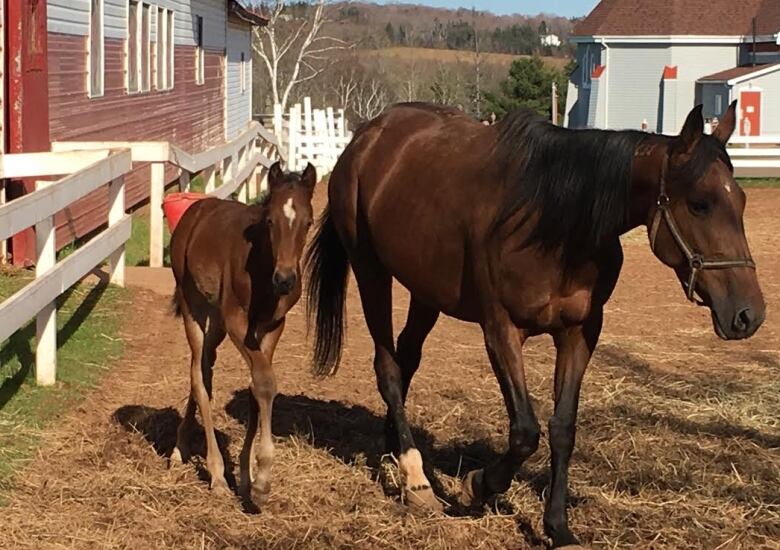













_(720p).jpg)


 OFFICIAL HD MUSIC VIDEO.jpg)
.jpg)



























































































